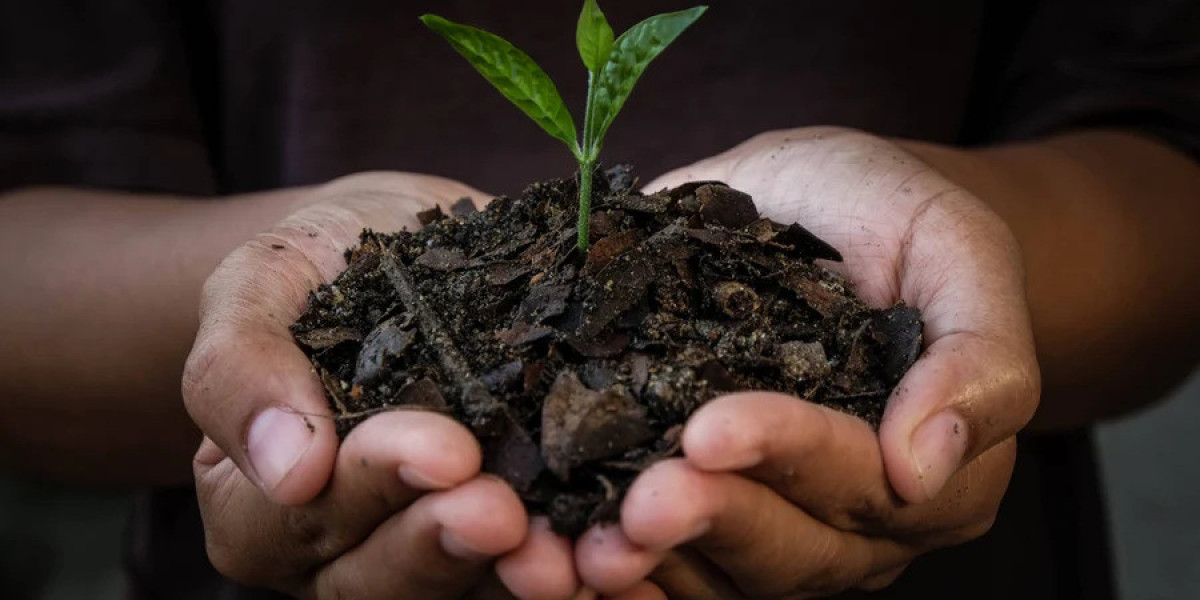As the world faces the urgent need to mitigate climate change, achieving carbon net zero has become a global priority. Organic farming plays a critical role in this effort by promoting sustainable agricultural practices that sequester carbon and reduce greenhouse gas emissions. A key component in this process is the use of biochar, a form of charcoal that is engineered specifically for use in agriculture. Biochar not only enhances soil fertility but also contributes significantly to the carbon net zero goals. In this article, we explore how biochar is revolutionizing organic farming and organic gardening while supporting a carbon net zero future.
The Importance of Organic Farming in Carbon Sequestration
Organic farming is a holistic approach to agriculture that emphasizes the use of natural processes and inputs. Unlike conventional farming, which relies heavily on chemical fertilizers and pesticides, organic farming focuses on maintaining the health of the soil, ecosystems, and human communities. One of the key benefits of organic farming is its ability to sequester carbon in the soil. By enhancing soil structure and increasing organic matter, organic farming practices can significantly reduce the amount of carbon dioxide (CO2) released into the atmosphere.
Biochar: A Powerful Tool for Organic Gardening
Biochar is a stable, carbon-rich material produced from the pyrolysis of organic matter. When applied to soil, biochar improves soil fertility, water retention, and microbial activity, making it an ideal amendment for organic gardening. The porous nature of biochar allows it to store water and nutrients effectively, reducing the need for chemical fertilizers. Additionally, biochar's ability to sequester carbon makes it a valuable tool in the fight against climate change. By incorporating biochar into organic gardening practices, home gardeners can contribute to carbon net zero goals while growing healthier plants.
How Biochar Supports Carbon Net Zero Objectives
One of the most significant contributions of biochar to carbon net zero is its ability to sequester carbon in the soil for hundreds to thousands of years. Unlike other organic amendments that decompose and release CO2 back into the atmosphere, biochar remains stable in the soil, locking in carbon and preventing it from contributing to global warming. This makes biochar an essential component of organic farming systems aimed at achieving carbon net zero. Furthermore, biochar production can be integrated into organic farming practices, creating a closed-loop system that reduces waste and enhances sustainability.
The Benefits of Using Engineered Biochar in Organic Gardening
For home gardeners, premium engineered biochar offers a range of benefits that support organic gardening and carbon net zero efforts. Engineered biochar is designed to optimize soil health, increase crop yields, and reduce the environmental impact of gardening. By using biochar in organic gardening, gardeners can improve soil structure, enhance nutrient availability, and reduce water usage, all while sequestering carbon. This not only helps to create more resilient gardens but also contributes to the broader goal of reducing greenhouse gas emissions.
Conclusion
Incorporating biochar into organic farming and organic gardening practices is a powerful way to support carbon net zero objectives. By sequestering carbon in the soil, improving soil health, and reducing the need for chemical inputs, biochar offers a sustainable solution to some of the most pressing environmental challenges of our time. As we strive to achieve a carbon net zero future, the use of engineered biochar in organic farming and organic gardening will play a crucial role in creating a healthier, more sustainable world.



